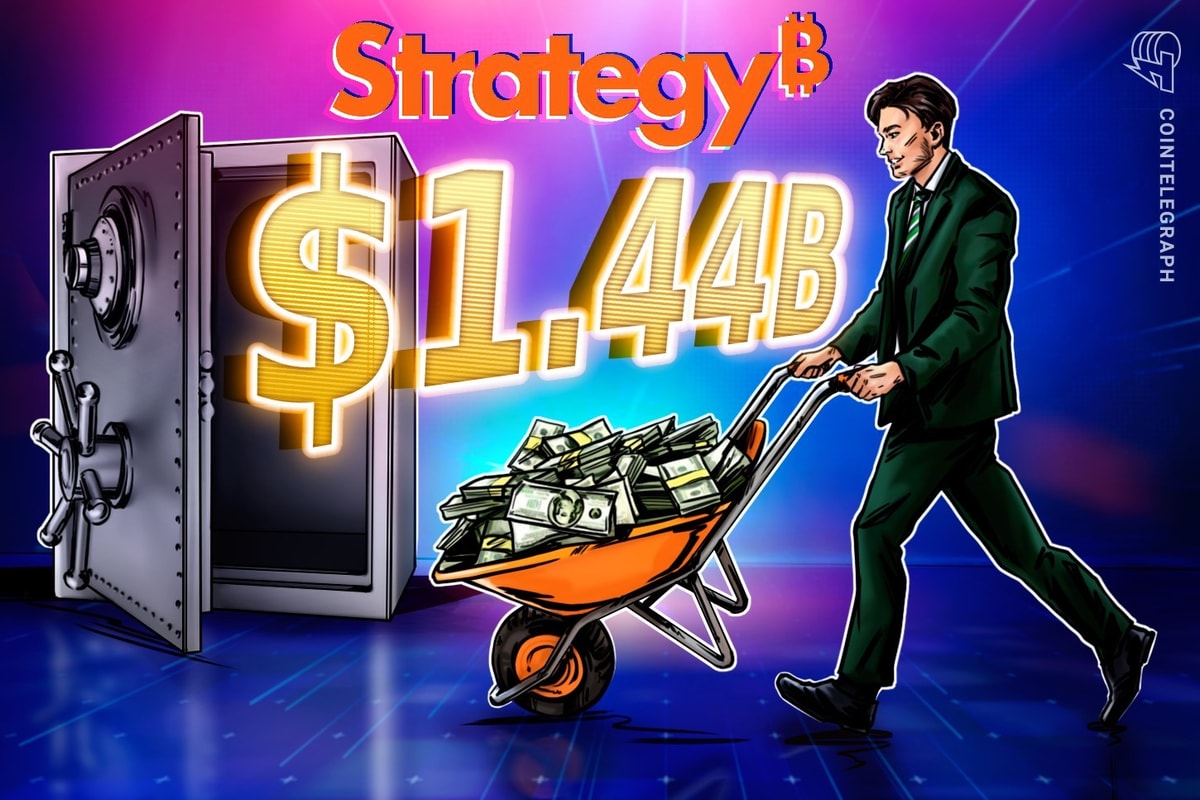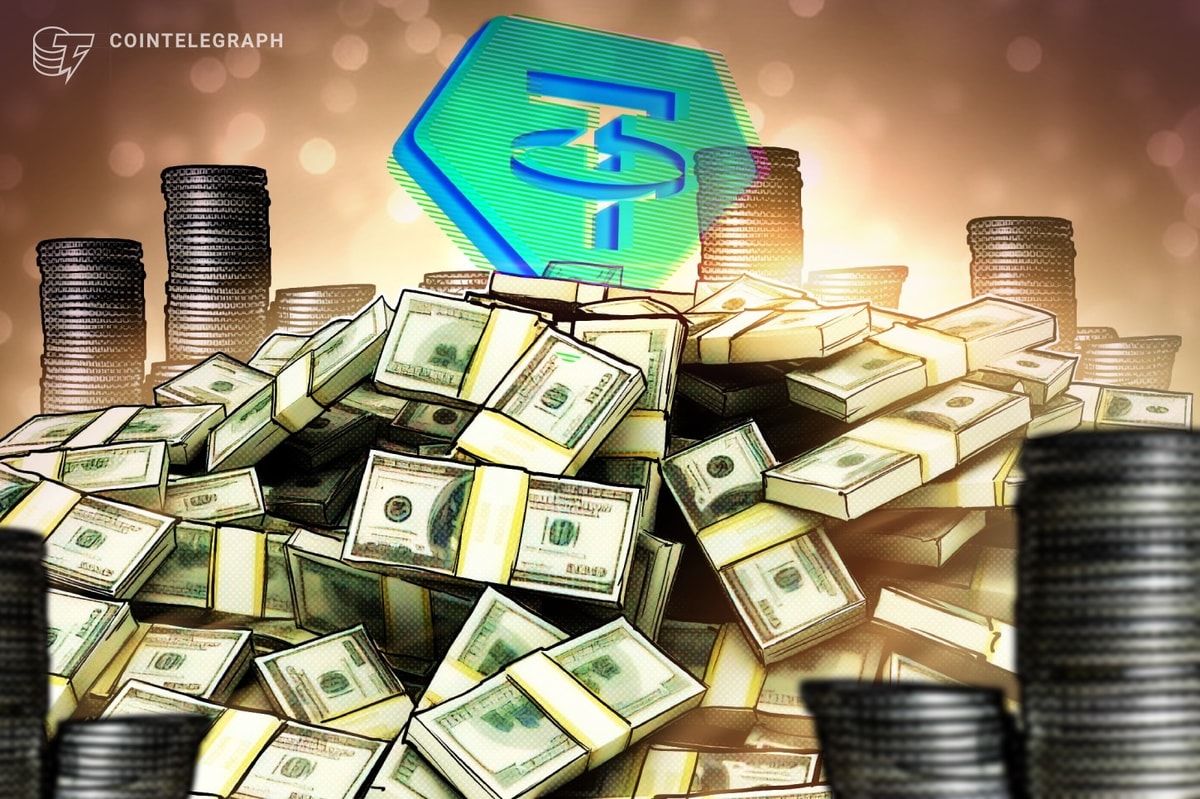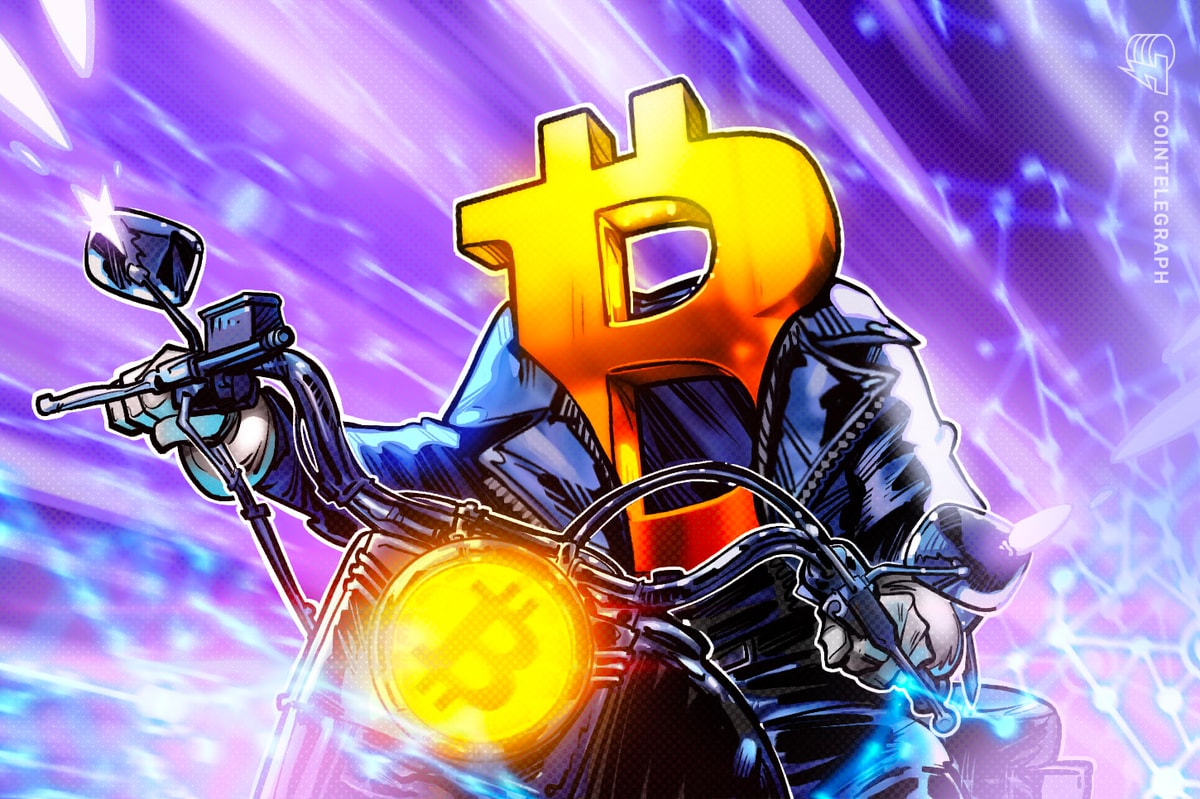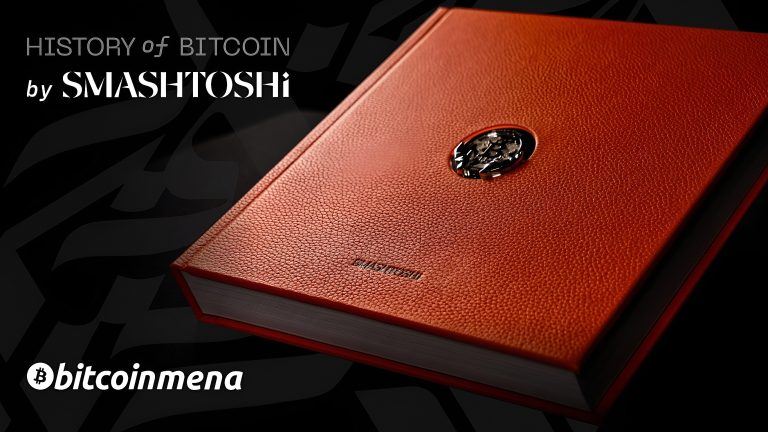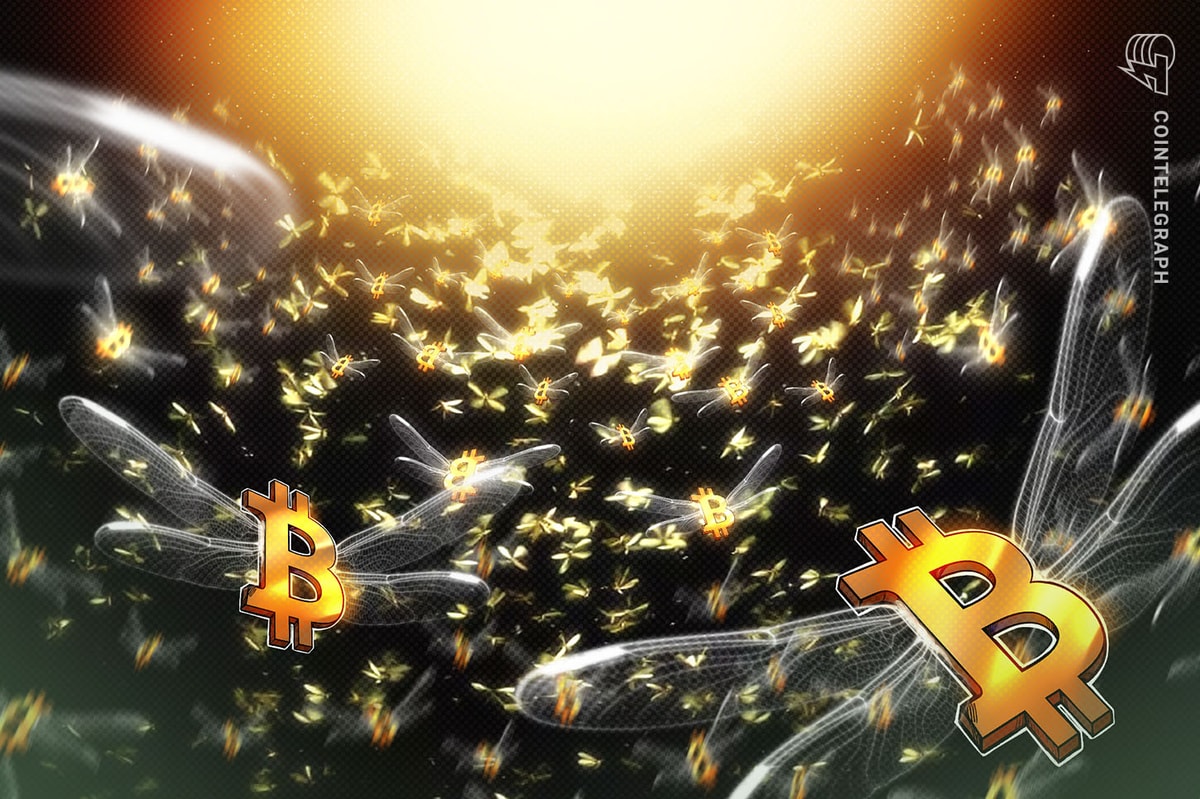Gaming engine Unity adds MetaMask functionality among new Web3 tools
2 min read
Video game development platform Unity has added a slew of crypto platforms to its asset store aimed at assisting developers interested in Web3 technology to streamline decentralization efforts.
Unity said on Feb. 28 it had released a new “Decentralization” category page in its asset store with “vetted” crypto platforms to support developers interested in merging decentralization into their projects.
Crypto wallet provider MetaMask was one of the 13 platforms featured on the store, with its Software Development Kit (SDK) added to help developers enable users to connect their MetaMask wallet to “any game developed on Unity.”
It has come
The launch of the MetaMask SDK in the Unity Asset Store will allow devs to connect their games to the wallet, enabling users to interact with web3-enabled features within the game itself. Get ready for a whole new level of gameplay!
https://t.co/4JCvdhDtFF pic.twitter.com/gj001jH6ij
— MetaMask (@MetaMask) February 28, 2023
Blockchain’s including Solana (SOL) and Tezos (XTZ) also had their SDKs added to the store, alongside the developer platform Immutable X for those wishing to build Web3 games on the Ethereum blockchain.
The integrations will allow developers to modify the “models of ownership” in games and enable players to create, earn or acquire in-game resources which can be subsequently traded or sold according to Unity.
Related: How Web3 gaming can reach mainstream adoption
A recent DappRadar report revealed that gamers made up nearly half (48%) of all blockchain activity in January 2023.
The report stated that a rise in interest in gaming tokens comes from announcements and news related to Web3 gaming making it into the mainstream.
Sara Gherghelas, a blockchain analyst at DappRadar, previously told Cointelegraph that blockchain gaming is already “a vertical” in the traditional industry, believing that as blockchain technology gains more traction, it will also bring “more adoption” to Web3 games which will “become mainstream.”
Meanwhile, Illivium co-founder, Kieran Warwick, told Cointelegraph on Jan. 24 that the “major challenge” with blockchain gaming at the moment is getting “casual gamers” into the market, because of the perception that blockchain games are of “inferior quality.”

